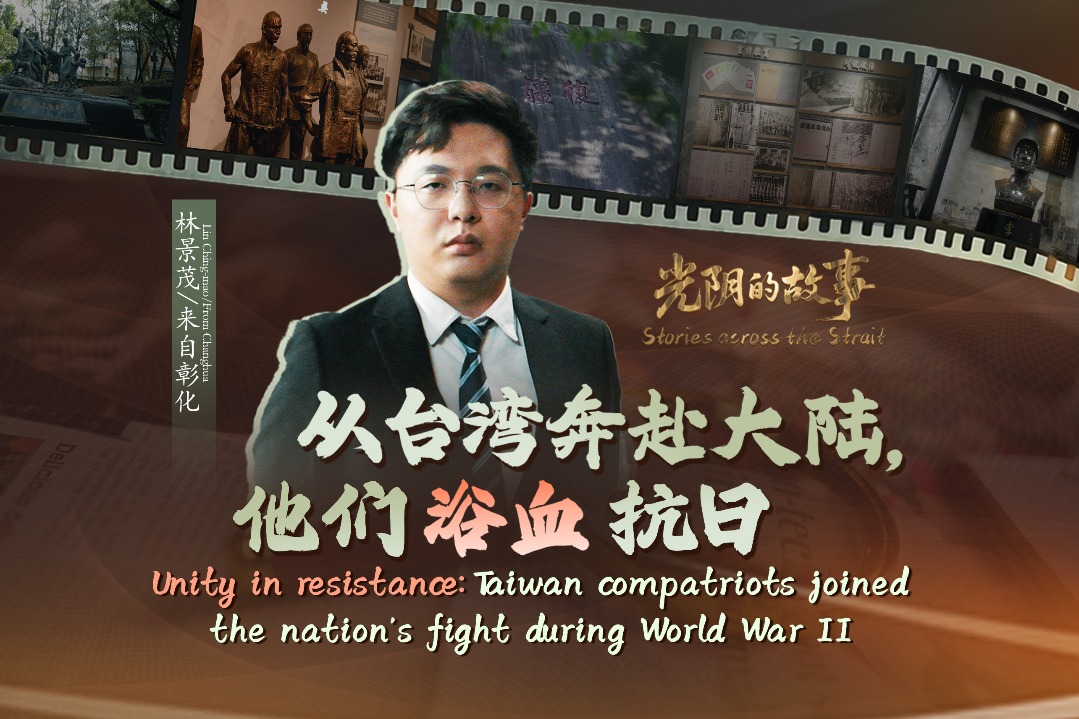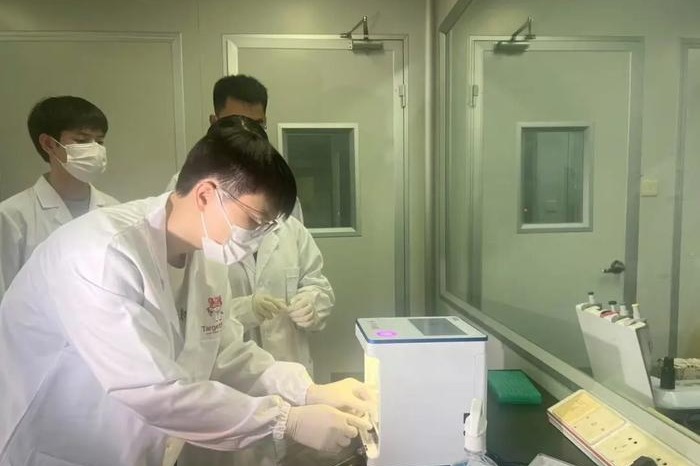Closer China-Hungary friendship expected

BUDAPEST — Experts from Hungary and China have discussed the latter's decisive role in global connectivity through the Belt and Road Initiative and have forecast deepening China-Hungary friendship through the BRI.
The talks took place in a seminar on Friday, Promoting High-quality Belt and Road Cooperation, organized by the Xinhua Institute, a Chinese media-based think tank.
"The cooperation between our countries is built on solid economic reasoning," said Csaba Moldicz, head of the School of International Relations at the Mathias Corvinus Collegium in Budapest.
He praised Chinese companies, such as BYD and the battery maker Contemporary Amperex Technology, or CATL, for their role in modernizing Hungary's automotive sector, a critical component of its economy.
"Investments from companies like BYD and CATL are exemplary of high-quality cooperation, fitting both the strategies of Chinese firms and Hungary's development strategies as well," he said.
CATL has started to build a new factory in Debrecen in eastern Hungary, and BYD says it plans to build a new factory in Szeged in the country's south. Both investments are worth billions of euros.
Many experts attending the seminar called for deeper bilateral friendship through joint efforts, especially within the BRI framework.
"The similarities in political philosophy between Hungary and China have led to stronger bilateral relations, with both nations striving for higher quality cooperation based on mutual understanding and respect," said Levente Horvath, director of the Eurasia Center of John von Neumann University in Kecskemet, Hungary.
Gergely Salat, a researcher at the Hungarian Institute of International Affairs in Budapest, highlighted the country's keen participation in the BRI. Hungary has listed connectivity high on its official strategy, and China was the first big country that put connectivity at the center of its foreign policy, Salat said.
Ferenc Banhidi, a professor at Pazmany Peter Catholic University in Budapest, spoke highly of Chinese digital companies such as Huawei and ZTE for their successful integration into Hungary's economy.
Zoltan Kiszelly, director of the Center of Political Analyses at the Szazadveg Foundation in Budapest, said the BRI represents a collective approach to tackling global challenges, transcending traditional geopolitical rivalries.
It is a call for more collaboration in an increasingly multipolar world, giving priority to shared success over individual gains, Kiszelly said.
Xinhua

Today's Top News
- Hope, skepticism and questions ahead of Trump-Putin summit
- Xi's article on promoting healthy, high-quality development of private sector to be published
- Japan must face up to its wartime past
- Vision turns county into green model
- China rolls out new visa type for young science talent
- Cambodia, Thailand urged to engage in dialogue, rebuild trust






























